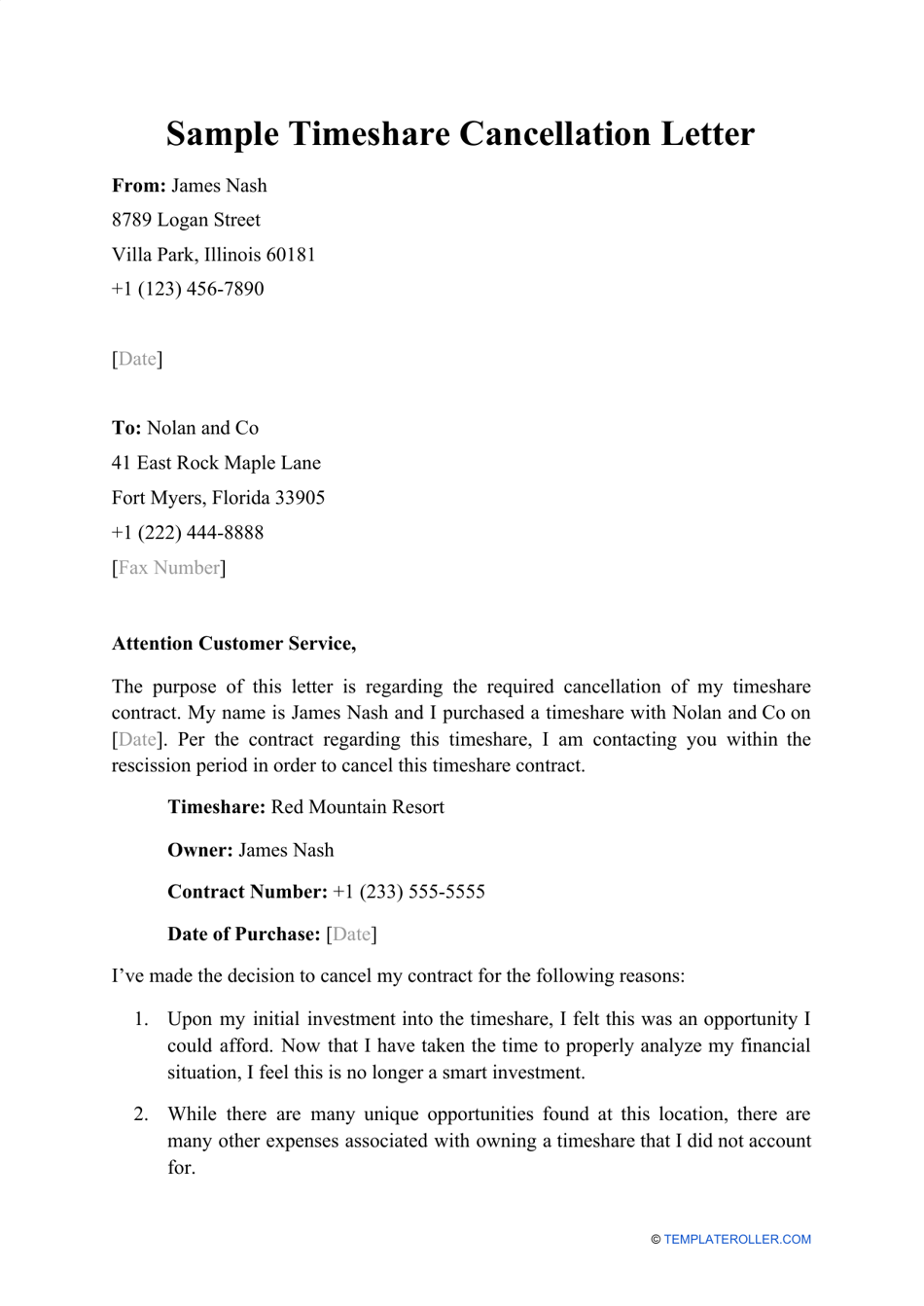A member of the family of anyone who has an ownership interest in the home. This holds true unless the relative utilizes the home as his or her primary house and pays reasonable rental worth. Relative include: Bro and sisters Half brothers and half sisters Partners Lineal forefathers like moms and dads or grandparents Lineal descendants like kids or grandchildren Any individual who pays less than reasonable rental value to use the home. This does not apply to an employee who uses the house as lodging at the owner/ company's convenience (do you get a salary when you start timeshare during training). Any person who utilizes the house under a home-exchange arrangement with the owner.
A renter paying fair rental value might allow the owner to stay in the home. If so, the time is thought about individual use when choosing if the residence is a home. When figuring the ratio for prorating expenditures, the time is counted as rental use. (See Rental-use time below.) At any time you invest at the house repairing and preserving it does not count as personal-use time. You should count the variety of days of rental usage to figure the ratio to prorate expenses. Rental usage is any day you rent the dwelling at a reasonable rental value. So, you can just count the days when you really get rent payment to figure the ratio.
This approach uses to all rental expenditures. If you lease out your house for at least 15 days and the days of personal-use qualify your house as a house, vacation-home guidelines apply. These rules limit deductible costs to rental income. You require to subtract expenditures in this particular order: The rental part of: Certified house mortgage interest Real-estate taxes Casualty losses These expenses are deductible under the usual rules. You can just deduct the rental part from rental income. The individual portion is deductible on Arrange A and subject to the typical guidelines. Rental expenses directly associated to the rental residential or commercial property itself, including: Advertising Commissions Legal costs Workplace supplies Expenses associated with running and preserving the rental residential or commercial property.
This consists of interest that doesn't certify as house mortgage interest. Devaluation and other basis changes to the house. You'll subtract these approximately the quantity of rental earnings minus the deductions for items in 1, 2, and 3 above. This consists of things like enhancements and furniture. To https://www.onfeetnation.com/profiles/blogs/facts-about-how-to-get-out-of-a-timeshare-presentation-uncovered discover how to figure your deductions, see Worksheet 5-1 and its guidelines in Publication 527: Residential Rental Residential or commercial property at www. irs.gov. You can carry over expenditures you can't deduct due to the rental earnings limit. You can use the carryover in one of these time durations: Very first year you have sufficient income from the property When you offer the home You might not have actually personally used the house long enough for it to be classified as a home.
You should utilize this ratio to prorate your expenditures: Number of days of rental use/ Overall number of days used for company and personal functions However, deductions for expenses aren't restricted by rental income. You can utilize a rental loss to balance out other income. This goes through the normal passive-activity loss constraints.
As your timeshare expenses grow, you may be wondering how it all fits into your tax image. Fortunately is that some of your timeshare costs are tax deductible. However others are not. To be sure you know what can and can't be composed off, let's break down the legal tax reductions for your timeshare. Maybe the only thing you ever got out of your timeshare was a yearly week somewhere lovely and a break from all your difficulties. However if you're like a lot of owners, you most likely ended up obtaining cash to get a timeshare in the first location. And let's be honestit's difficult to enjoy the beach when you're drowning in debt.
Everything about How To Mess With Timeshare Salesman
However. Here's something to lighten the load a little: If your timeshare loan is protected, the interest you paid on it will generally be tax deductible! However what does "protected" suggest? In case you don't understand the difference from the original purchase loan, a protected loan is timeshare fraudsters either: A house equity loan you borrow against your primary house to fund a timeshare, or. A loan that utilizes your deeded timeshare week as the security, or collateral, for the loan. If you have a secured loan for your timeshare, you can compose the interest off. We never ever suggest financial obligation, but if your loan is protected, you can a minimum of relieve a little the monetary discomfort by composing off the interest.

( Obviously there is.) You will not generally be able to subtract the interest paid if your timeshare week is through a long-lasting lease, likewise understood as a "right-to-use" or "points-based" arrangement. To guarantee you'll have the ability to make the most of this reduction when filing, make certain your deeded week appears in the loan file as the security for the loan. If it does not, be prepared to get a file from the seller clearly mentioning that your deeded week is the loan's security. Sorry to state, your maintenance fees are not deductible. The resort where travel vs vacation you have a timeshare uses these charges to spend for whatever from landscaping to facilities and service expenses, and the typical yearly cost is around $1,000.1 In case you have not seen, fees tend to rise by 5% a year.